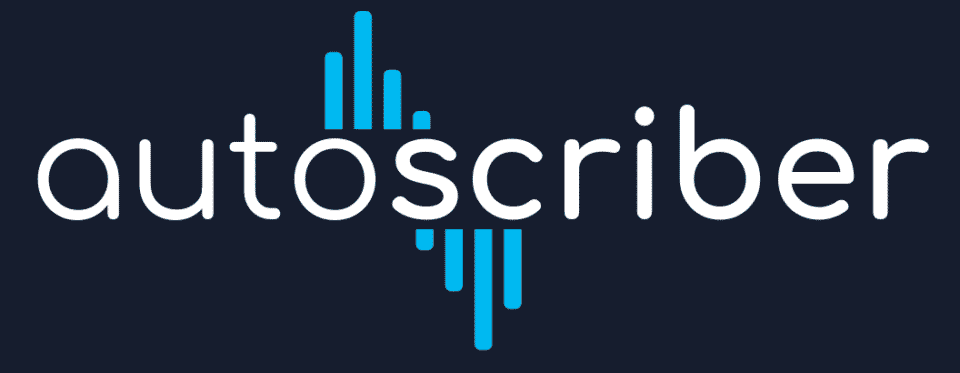The Dutch startup Autoscriber develops AI-powered natural language processing and speech recognition technologies that extract structured data from physician-patient conversations. Autoscriber works with the Clinical Artificial Intelligence and Research Lab at the Leiden University Medical Center to develop its technology. The company intends to eliminate administrative burdens for physicians and enhance capabilities along the entire healthcare supply chain. But how does it work? Read on to discover what it’s all about.
Review of autoscriber
This Review of Autoscriber examines the pros and cons of using an AI-powered medical transcription service. AI-powered solutions can reduce EMR usage while enabling clinicians to practice medicine as they intended. They can also unlock the power of data analytics in the healthcare industry. The Autoscriber app enables healthcare practitioners to do just that. However, the Autoscriber app also comes with limitations. If you have concerns about privacy, read our Autoscriber review to learn more.
While many clinical practices have adopted electronic medical records (EMRs), the reality is that most clinicians are loath to use them. For every one hour spent seeing a patient, clinicians spend two hours maintaining and updating their EMRs. Moreover, many healthcare organizations have dedicated staff for EMR data management, which not only increases costs but also impacts privacy. AutoScribe is an AI-powered medical transcription solution that analyzes clinical dialogue speech and generates a narrative or structured data output.
Its risk-benefit ratio
Benefit-risk assessment, also known as the benefit-risk balance, is a tool used to weigh the risks of an intervention versus its benefits. Benefits are typically measured in terms of successful treatment or therapeutic efficacy. However, during a period of increased cost scrutiny, other types of benefits may be considered. A good example of this is the NNH/NNT ratio. This tool provides a clearer understanding of the balance between the risks and benefits of a medication.
Its privacy practices
A recent HIPAA Privacy Rule requires covered health care providers and health plans to develop a notice of privacy practices (NPP). To help businesses and organizations design the notice, the HHS developed a model NPP, which incorporates clear language and approachable design. The model includes the elements of a booklet, a full-page presentation, and a text only version. Ultimately, it will be up to the healthcare provider to determine which privacy practices are the best fit for their business.
Its support from Google
Autoscriber has received funding from LUMO Labs and Leiden University Medical Center. This investment is a testament to the company’s strong entrepreneurial team and proof of concept. Both companies are committed to improving the quality of care for patients. Google’s support for Autoscriber’s coding and marketing tools has been invaluable. The company plans to use these funds to accelerate the adoption of Autoscriber and the technology that powers it.
Autoscriber is a Dutch health tech startup that develops synthetic intelligence-powered voice recognition software that can interpret healthcare conversations between physicians and patients. Ultimately, the company hopes to improve the lives of patients and caregivers by alleviating repetitive administrative tasks. Google’s backing of Autoscriber’s technology has come at the perfect time for the company to be recognized as a leader in AI healthcare. However, it will take time for it to become widely available.
Its investment by LUMO Labs
LUMO Labs has invested in Dutch health-tech startup Autoscriber, which develops AI-supported voice recognition software for healthcare consultations. Autoscriber’s product translates and records the dialogue between healthcare professionals and patients, allowing the technology to be seamlessly integrated into patient health records. The company’s investment will allow it to go live in multiple hospitals within the next 12 months. Its goal is to help make health-care consultations more transparent and comprehensible for both caregivers and patients.
LUMO Labs invests in companies that focus on artificial intelligence/machine learning, VR/AR, and blockchain. Their investments tend to be in technology that has a positive social and environmental impact. For example, the firm invests in startups that address UN SDGs, such as addressing poverty, improving health care, and combating climate change. Autoscriber’s investment is part of this broader trend, and the company has already won several awards.


